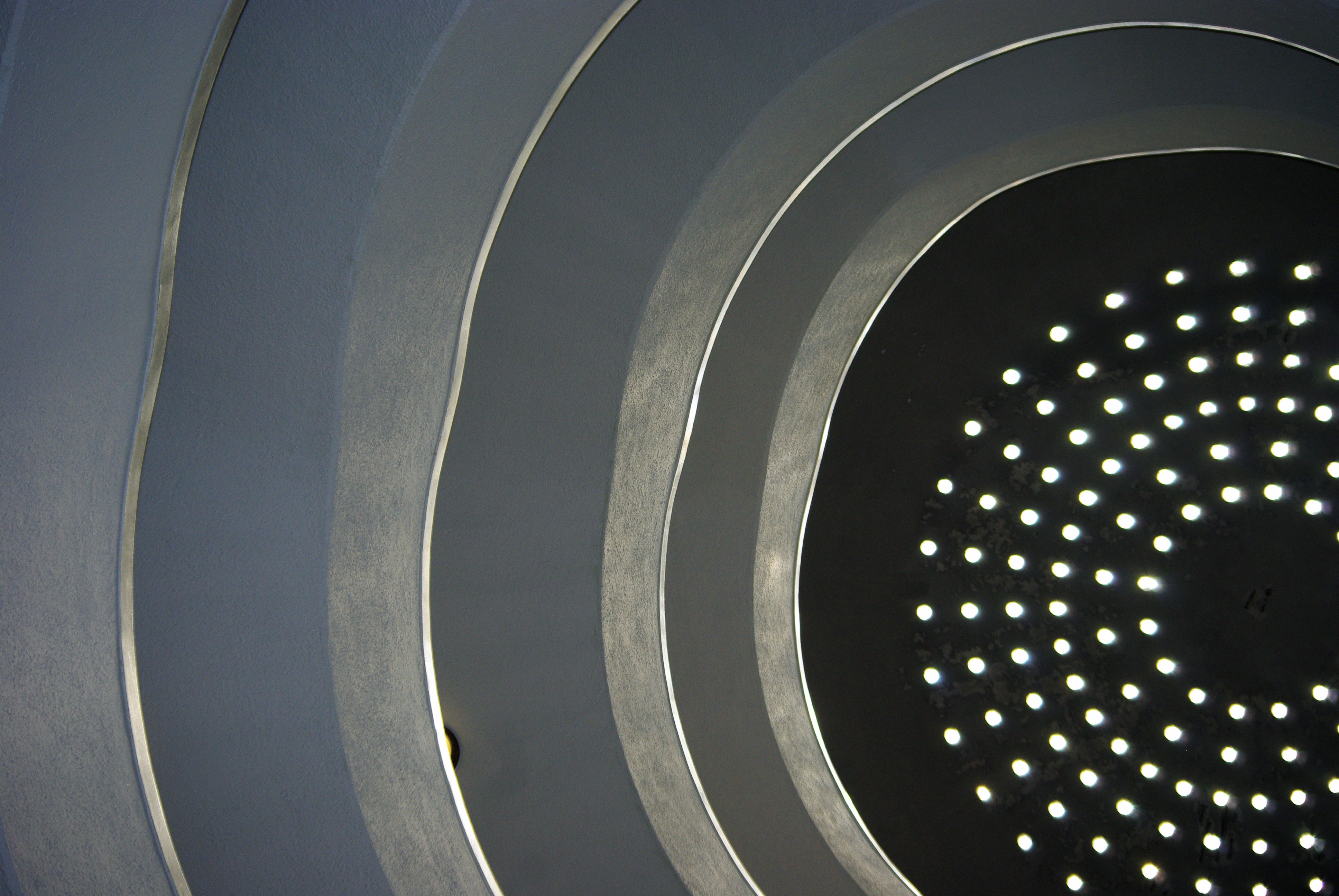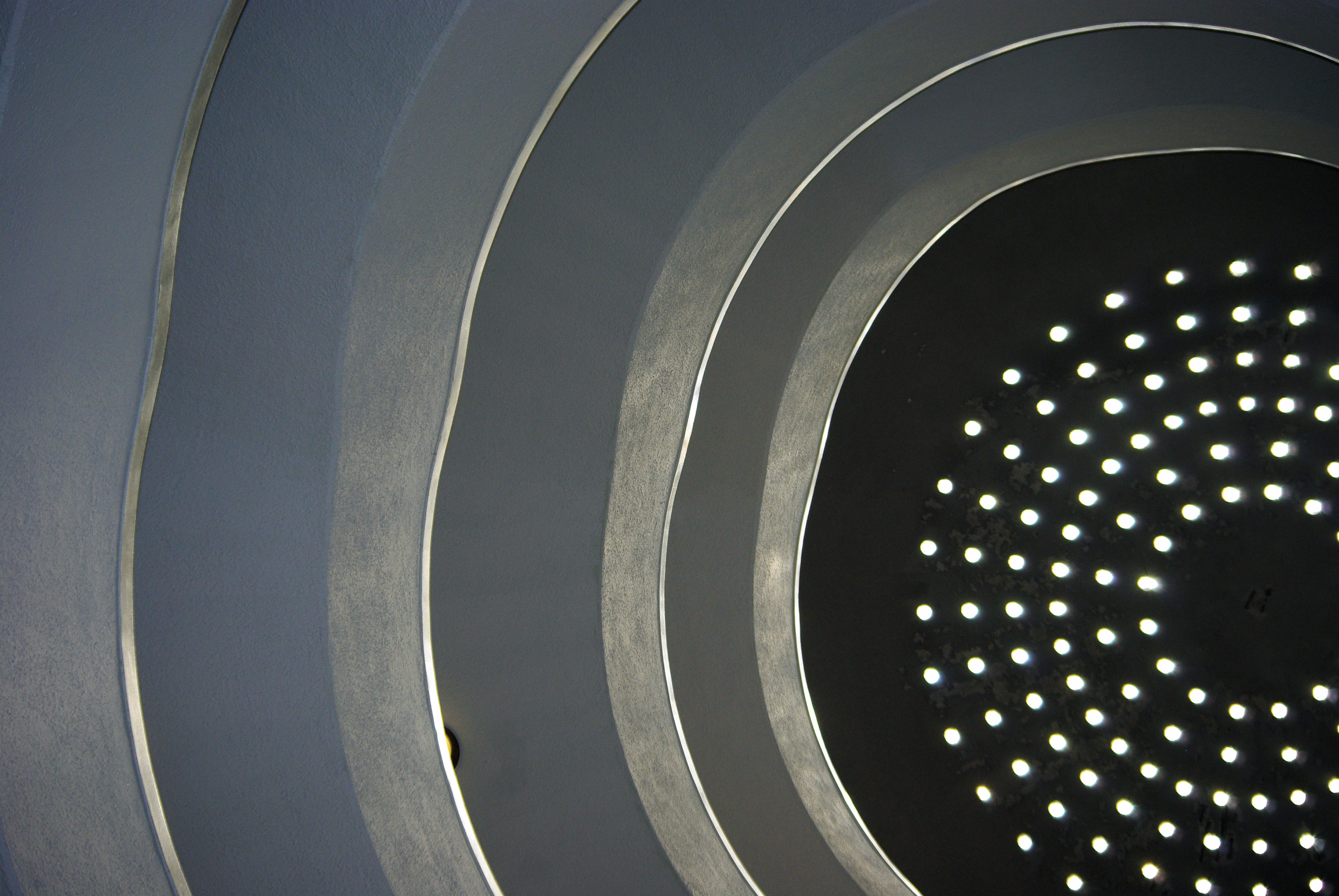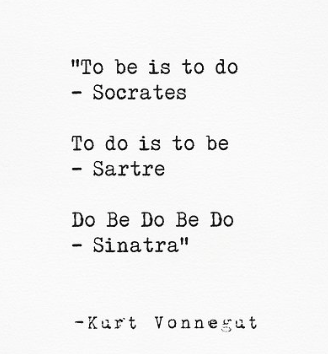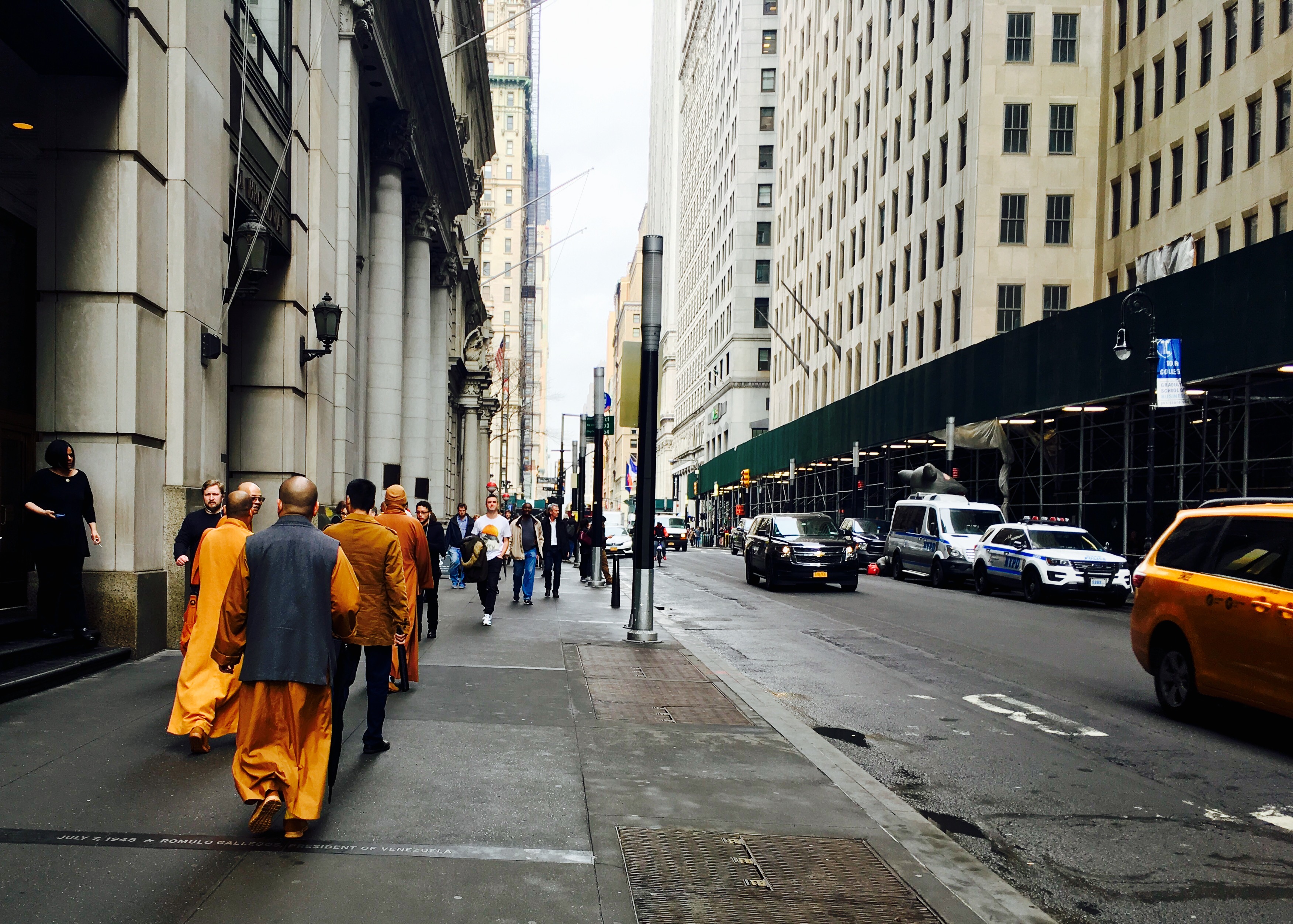Recently, I fired myself from my online news start-up, where things were definitely not going the way I thought they would and the situation was getting tense with my partners. One morning I went to work with the idea to have a clear discussion. By 2pm, I was home. Jobless, aimless (and shares-less).
Suddenly, however, I had TIME.
Naturally, by 5pm I was doing whatever occurred to me to remain busy, such as applying for a short term consultancy mission, taking freelance assignments, signing-up to random classes I would never complete (like cooking and stuff), exploring options to redecorate our apartment… Thankfully, too, Christmas holidays were looming, and would allow me to enjoy my family without feeling anymore free or jobless than anyone else.
Then, the holidays ended. Everyone went back to wherever they had to be. I, for one, stayed home. I did not get the consultancy assignment I had applied for. I tried working on other projects for some time, but it was becoming increasingly difficult to stay motivated. I started interviewing for « real jobs », though with brazen scepticism. And even though I was somehow managing to enjoy the time for myself, I was feeling increasingly disoriented, like a stray dog looking for a master, or a gypsy hen looking for a shelter to lay her eggs, or.. (well, you got it).
That’s when I paused, and decided I would take this time, this so very precious time not to try to fill it anymore with job hunting, chores or even nice experiences, but to think about what I really wanted to do with it. Not only with the time I have now, but with the time I have left.
And my… when you can actually afford to ask yourself this kind of questions, you realise how complicated it can be to figure out, let alone living up to this privilege.
So, how do we choose to invest our time? Or, even more confusing « how do we decide how to live”?
Over the past days I’ve put a lot of energy and research and thinking and jogging into this question. Of course, I did not get to any recipe. But here are some insights I found illuminating and worth sharing.
« The future will belong to those who can innovate — and innovation comes from knowing when to slow down » — Carl Honoré
The End strategy: « The final curtain »
How about starting with acknowledging, once and for all, that time is both our most valuable asset, and our most limited one? This is it, really. Death is such a dreadful perspective that we make our best to ignore it, living our lives as if they were never going to end, focusing on short runs as if their sum did not make for the long one. Yet, as Arianna Huffington puts it in her book « Thrive », « if we want to redefine what it means to have a successful life, we need to integrate into our daily lives the certainty of our death ». Death forces us to face the ultimate question of the meaning of life, to realise that everything we do counts.
Also, acknowledging that time is not reversible helps setting priorities: when I simply realised my son would never be 1, or 2 again, I realised I’d rather enjoy him now, for I would never get another chance to. That’s when my mindset deliberately started to change.
The Minimalists strategy: make space
Time is scarce, and uncertain… we’d better save it for people and things that really matter to us. Which, in my view, implies making space for them. In other words, to go « minimalist », and get rid of everything that does not serve any purpose: from unused clothes piling-up in our closet, to pointless commitments, uninteresting projects proposals and unbalanced relationships. As Joshua Fields Millburn puts it in the documentary « Minimalism. A documentary about the important things», it’s all about removing everything that does not add any value or joy to our life so it frees up space, time and attention for what really does.
“Minimalism has never been about deprivation. Rather, minimalism is about getting rid of life’s excess in favour of the essential». – the Minimalists
The Warren Buffet strategy: make time (and focus)
In a popular talk show last year, Bill Gates and Warren Buffet ended-up joking about Buffet’s voluntarily empty schedule, which allowed him to spend most of his time reading and thinking. What it says, basically, is that being busy, or, alternatively, free, is a decision. No matter how important we are. The only way to do what we want to do is to make time for it. In other words, to plan and organise our days, weeks and life, so we make sure our priorities remain priorities and nothing gets in the way.
It might sound obvious, but how many times have we let urgent or already planned things go before important ones, be it at work, at home etc? How many times have we lingered in useless meetings instead of actually getting the work done, how many times have we sacrificed a date or a family dinner to accept not so important social invitations, how many times have we been wandering randomly on the internet at night instead of starting a book we actually really wanted to read?
« I better be careful with (time), okay, there’s no way I will be able to buy more time » – Warren Buffet on Charlie Rose show in 2018
Time is elastic: no matter how busy we are, it will get filled anyway. Installing some non-negotiable rules and routines, blocking time in our agenda for activities and relationships that matter proves to be a very efficient way to prevent not-so-important ones from hacking it.
The value- based strategy: Align
Hard choices mean hard questions. How to make sure we ask ourselves the good ones? How do we figure out our true priorities?
Going back to Joshua Millburn and Ryan Nicodemus (ie « the Minimalists»): when they realised they needed to change their lives, they had come to a point when they wanted to focus more on what was important to them, but did not even know what was important anymore. They were confused about what made them happy. That’s when they started by getting rid of everything that did not serve any purpose, and make sure that all their decisions (what job to do, which people to hang on with, where to live, what to buy, what activities to do etc) would always align with their true values.
Defining our chore values, not the bullshit ones, but the ones we are prepared to illustrate with our lives (be it curiosity, love, generosity, loyalty or whatever suits you) and using them as guides for the choices that come at us, requires consistency and moral strength. Yet, they might provide relevant answers to the endless « why » question.
The Nietzsche strategy: become who you are
“What does your conscience say? — ‘You shall become the person you are’.” –F. Nietzche. The Gay Science)
In a famous Ted talk focusing on decision making, the philosopher Ruth Chang highlighted that forcing ourselves to make hard choices and commit to them is essential, for it shapes the person we are becoming. We are the results of our small and bigger choices. Some matter, others don’t. Some might prove right, others wrong. But what really matters in the first place, is to exercise this power of deciding, and be the author of our lives, instead of being what she calls « drifters ».
As she puts it, « drifters allow the world to write the story of their lives. They let mechanisms of reward and punishment — pats on the head, fear, the easiness of an option — to determine what they do. So the lesson of hard choices reflect on what you can put your agency behind, on what you can be for, and through hard choices, become that person».
The right choices, eventually, might simply be the ones that we deliberately do.

The stepping stone model
So, time flies. If you want to avoid cracking when you turn 40 or 50, and blaming, with relative good faith, your husband, your kids, your job, your city (or all of them) for your life of compromises, wasted potential and unpursued dreams, it makes sense to take control, and set clear goals now. Some people (say volatile, enthusiast, sceptic, disorganised, curious, spontaneous, etc) might find this pretty complicated and stressful though. For a long time, and even as I started writing this piece, I thought I needed to determine clear goals, so they would drive my strategy and decisions. But the more I think about it, the more inconsistent it seems to be with my personality. Why should ambition only relate to big goals? Isn’t the deliberate goal of actively pursuing an interesting life ambitious enough? And doesn’t this objective precisely require not to set too many intermediary milestones?
In this post I recently read, the brilliant blogger Michael Simmons makes the point that not setting ambitious goals might actually be the best strategy to be successful. One of the reasons for that is that just so we change, so do our goals. Which might lead us to beeing trapped by the goals we set for ourselves a long time ago and are having troubles giving-up half way. Other reasons include becoming shortsighted, pursuing wrong superficial goals, loosing confidence and/or motivation, frustrating our curiosity, and loosing opportunities to learn.
Instead, he points to a study by researchers Kenneth Stanley and Joel Lehman. In their book, Why Greatness can not be planned, the authors show that when the steps between where one is at the moment, and where one wants to be at the end are too numerous and confuse (or shortly put, when we don’t really know where we want to go), another model works better. Enter what they call the « Stepping stone model »: rather than setting big ambitious goals and intermediary achievements leading to them, they suggest going the opposite way, i.e taking bold steps and venturing into the unknown whenever opportunities arise, then connecting the dots afterwards. Put even more simply, when having to choose a path, using the « curiosity filter », instead of the « goals filter » might end-up yielding more interesting results.
“Behind any serendipitous discovery there’s nearly always an open-minded thinker with a strong gut feeling for what plan will yield the most interesting results.” — Kenneth Stanley & Joel Lehman
This approach, instead of creating « aimless wanderer », powers creative curiosity and self improvement, trains complex thinking, and, according to them, can lead to breakthroughs.

The impact investment theory
In philanthropy, there is a strong trend for donors decisions to be increasingly driven by one metric -which happens to be very difficult to measure-: impact.
If time is the most precious thing we have and, consequently, can give, wouldn’t it be relevant to apply the same logic to time management? How about weighing decisions against their expected impact, be it on our life, our relationships, our company, our body or our children? Using this mindset would probably help a young mother choose between taking some time to take care of the kids at the risk of hurting her career, and going back to a not-so-fulfilling job. Or help an unemployed person chose between going for a walk in the mountains or sitting in front of his computer compulsively exploring random pages. Or help a trained lawyer choose between a corporate law firm or an NGO. The amount of time and energy invested might be the same, but the outcomes and impact would be totally different.
If, instead of happiness, usefulness was our goal, wouldn’t it actually make us happier?
As Darius Foroux stated in his piece « the purpose of life is not happiness, it’s usefulness », happiness might very well end up being a byproduct of usefulness. Doing more, making a difference is what will give sense to our lives, and, in turn, make us genuinely satisfied.
The « My Way » way
Of course, all of these insights are easy to theorise (not so much actually) yet much more difficult to put into practice. Well, maybe not. Maybe it does not take that much willpower, drive or even rigour. The more I read and think about it, the clearer it seems to me that what is firstly required to « design our life » is not methodology, efficiency, or strategy. These are tools. What’s firstly required is confidence.
This tranquil self-awareness that makes us take decisions that are consistent with our personality rather than our context. This fortitude that prompts us to renounce to quick wins and egocentric rewards, like, too often, status, or money, to bet instead on real life achievements, like meaningful relationships and projects. This genuine trust in life that allows us to make huge bold bets, sometimes without even realising it, like having kids, or marrying somebody. This vital energy that makes us DO things. This profound intuition that a successful life might simply be a life that is fully lived. The kind of life we can be satisfied of when we face the final curtain, the life we genuinely lived « our way ».
Good luck.



